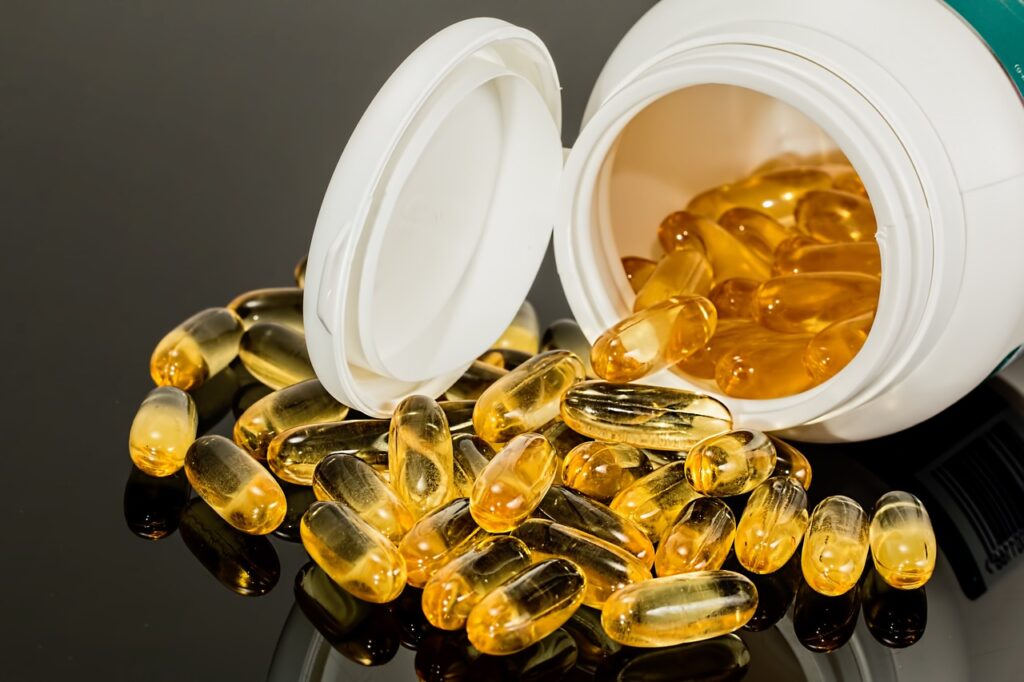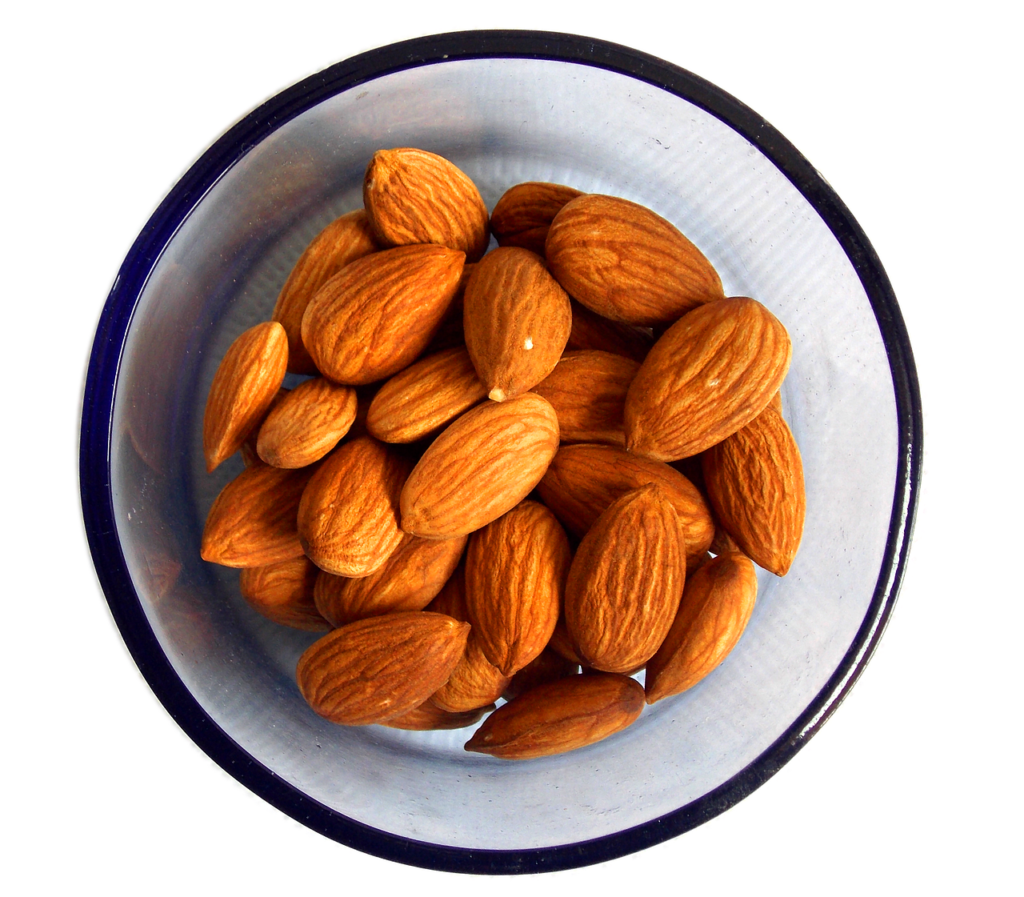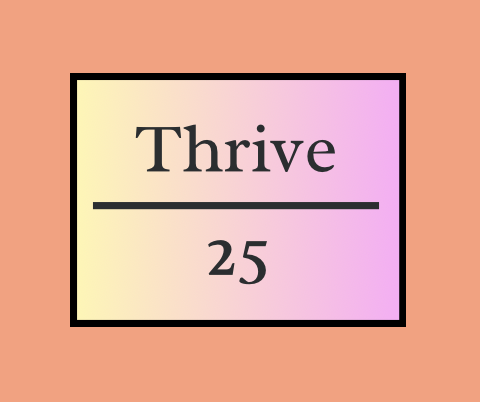Want to Improve your diet drastically with one simple step? Want to save money doing it? Um, duh. Who wouldn’t.

Despite being demonized for years for their cholesterol content, and more recently ridiculed for their rising prices, eggs are still on health experts’ (and apparently health bloggers’) list of best foods like… ever. Since the early 2000s, eggs have undergone a remarkable rehabilitation in the eyes of health experts. According to them, in the world of nutrition, few foods pack the punch that eggs do. Providing the same amount of nutrition with less caloric consumption is just one reason eggs are considered a superfood. Here’s a deeper look into how eggs can help in brain and body function, aid in weight loss, and much more, all while saving you money.
The Superhero of Foods:

Nutrients
Eggs can be referred to as nature’s multivitamin. They are densely packed with essential nutrients vital for our health. In addition to protein, a single large egg contains a variety of vitamins and minerals, including vitamin A, vitamin B2 (riboflavin), vitamin B12, vitamin D, vitamin E, and minerals like selenium and phosphorus [1]. Vitamin D is essential for bone health and immune function, while B vitamins are involved in metabolism. Selenium acts as a powerful antioxidant and thus protects against chronic diseases [3]. Phosphorus is required for bone health, energy metabolism, cellular function, kidney function, and muscle function. That’s a lot of freaking benefits!

Another, lesser-known nutrient eggs provide is choline. Thought it’s discussed less frequently, it’s certainly not for lack of necessity and benefits. The compound is actually critical for brain health and development, cognitive function (important!), and even protects against liver damage. Research published in the Journal of the American College of Nutrition suggests that eggs are actually one of the richest dietary sources of choline, with one egg providing approximately 147 milligrams, or well over a quarter of the recommended daily intake [2]. Check out this short article by the Harvard School of Public Health for more information and a list of foods that are high in choline to make sure you’re getting the recommended daily amount.
High-Quality Protein
Eggs are an excellent source of high-quality protein, which is even better than just plain ole protein. Protein in general is crucial for various bodily functions, including muscle repair and growth, hormone production, and immune function. It is also an excellent agonist for weight loss, and a great provider of satiation and energy. The quality of a protein source is determined by the amount of essential amino acids, in correct ratios, that it provides. Eggs include all nine [2], making them one of the highest quality sources available. This means that the protein found in eggs is highly bioavailable, meaning the body can efficiently absorb and utilize it for all of the many essential functions it supports. Research published in the American Journal of Clinical Nutrition suggests that the protein in eggs is more effective at building muscle compared to any other protein sources [3].

A single large egg provides approximately 6 grams of protein, making it an excellent source for individuals seeking to meet their daily protein requirements [1]. Necessary protein intake is highly variable depending upon your weight, level of activity, etc. So it’s hard to say exactly what percentage of your daily value it represents. If you’re wanting to build muscle, for example, and lifting weights daily, then you are probably going to want to consume more than average. For help estimating your recommended daily protein intake check out this handy-dandy calculator: Calculator.net. Keep in mind that this is not expert advice from a doctor or nutritionist, so if you’re super serious about your protein, first of all good for you, but I’d recommend speaking to an actual dietitian or at least your primary care physician for a more accurate recommendation. 1

Eye Health
Lutein and zeaxanthin are also beneficial for eye health. They help reduce the risk of age-related macular degeneration and cataracts by filtering harmful blue light and protecting the eyes from oxidative damage [6]. Studies published in JAMA Ophthalmology and Investigative Ophthalmology & Visual Science highlight the importance of these antioxidants in preserving vision [7][8]. Here are the links to the studies if you’re into that sort of thing: Age Related Eye Disease & Role of Oxidative Stress.
Antioxidants
Lutein and zeaxanthin are also two powerful antioxidants found in eggs but that’s not all. Eggs also contain the proteins ovalbumin, ovotransferrin, phosvitin, and phospholipids, as well as micronutrients vitamin E, vitamin A, selenium, and carotenoids, all of which are reported to have antioxidant properties.
Weight Management

Contrary to previous beliefs in the 90s and early 2000s, eggs are actually beneficial for weight management when consumed as part of a balanced diet. Research published in the International Journal of Obesity shows that eggs can promote feelings of fullness and reduce caloric intake throughout the day, leading to greater weight loss compared to a breakfast of equal calories without eggs [9]. The rich source of protein it provides, much like any source of rich protein, helps you stay fuller longer and increases energy. As we’ve already mentioned, the nutrients and proteins found in eggs also play a crucial role in your metabolism function, and a healthy metabolism is a vital component of weight loss and management.
Heart Health
Despite concerns about cholesterol in previous decades, recent studies have shown that egg consumption does not adversely affect heart health for most (this is excluding those with already high cholesterol or other heart health issues such as diabetes). In fact, research published in the journal Heart suggests that eggs may even have a protective effect on heart health due to their high content of healthy fats, vitamins, and minerals [10]. The cholesterol in eggs is not usually harmful either. HDL is known as “good cholesterol” and actually helps absorb the LDL or “bad cholesterol” from the body. So because eggs contain both types of cholesterol, most people will see them balance out and cause no issues.

An Economic Choice
Alright, the one you’ve all been waiting for… “But, Rachel, with egg prices skyrocketing in the past year how on earth can you say that are eggs an economic nutritional choice?!”
Eggs might be going up in price, but so is everything else. Let’s do the math here (I’ll do the math, you just stick to reading. I know no one likes math). Putting it into perspective, a dozen eggs costs roughly $4-8, depending on what kind you buy.2 So let’s use a price right in the middle – $6. So that means one egg is $.50 cents. That means if you eat one egg per day, that’s a total of $15 per month. Bump that up to two eggs per day and it’s still only $30 per month. 4 eggs per day would give you about the same amount of protein as most meats per serving. So that’s a total of $60 per month.
In comparison, one bottle of multivitamins with as many nutrients as eggs (assuming you can find one single vitamin to provide all of those nutrients) is roughly $15 per month supply ($.50 per day). The average price of meat providing the same amount of protein is roughly $10 a pound. To get the same protein content as 4 eggs you need to consume 3 ounces per day. With 16 ounces in a pound, that makes each serving of meat technically $1.9 dollars, but let’s just round that up to $2 per day. So the total comes to $2.50 per day, or about $75 per month to get the same nutritional benefits and value using other sources!
This means that, technically, by consuming four eggs each day you can actually save $15 per month and still lose weight, build muscle, help your brain function, and improve your heart health! I know this isn’t an incredible amount of money or anything, but in this economy, everything helps, and, if anything, I hope this price analysis at least showed you that eggs really are no more expensive than any other protein. So I don’t know about you, but $6 for a dozen eggs is looking a lot better than it did before.
Conclusion
Eggs are a nutritional powerhouse, providing an array of essential nutrients and health benefits. From high-quality protein to brain-boosting choline and eye-protecting antioxidants, I believe eggs have rightfully earned their status as a superfood. They’re also delicious, in my opinion. So the next time you’re wondering what to make for breakfast, consider cracking open some eggs for a nutritious start to your day. Eggs aren’t limited to breakfast though. Here are 5 Delicious & Nutritious Meals To Make With Eggs.
Sources:
- Harvard T.H. Chan School of Public Health. (n.d.). The Nutrition Source – Eggs and Cholesterol: How Many Eggs Can You Safely Eat? Retrieved from https://www.hsph.harvard.edu/nutritionsource/food-features/eggs/
- Food and Agriculture Organization of the United Nations. (2011). Dietary Protein Quality Evaluation in Human Nutrition. Retrieved from http://www.fao.org/3/a-i4785e.pdf
- Moore, D. R., et al. (2009). Ingested protein dose response of muscle and albumin protein synthesis after resistance exercise in young men. American Journal of Clinical Nutrition, 89(1), 161-168.
- Institute of Medicine. (1998). Dietary Reference Intakes for Thiamin, Riboflavin, Niacin, Vitamin B6, Folate, Vitamin B12, Pantothenic Acid, Biotin, and Choline. Washington, DC: The National Academies Press.
- Fischer, L. M., et al. (2007). Dietary choline intake and risk of lethal prostate cancer: Incidence and survival. Journal of the American College of Nutrition, 26(6), 574-582.
- National Eye Institute. (n.d.). Facts About Age-Related Macular Degeneration. Retrieved from https://www.nei.nih.gov/learn-about-eye-health/resources-for-health-educators/eye-health-data-and-statistics/age-related-macular-degeneration-amd-data-and-statistics/facts-about-age-related-macular-degeneration
- Age-Related Eye Disease Study 2 Research Group. (2013). Lutein + zeaxanthin and omega-3 fatty acids for age-related macular degeneration: the Age-Related Eye Disease Study 2 (AREDS2) randomized clinical trial. JAMA Ophthalmology, 131(7), 843-850.
- Beatty, S., et al. (2013). The role of oxidative stress in the pathogenesis of age-related macular degeneration. Survey of Ophthalmology, 58(4), 337-352.
- Vander Wal, J. S., et al. (2008). Egg breakfast enhances weight loss. International Journal of Obesity, 32(10), 1545-1551.
- Djousse, L., et al. (2009). Egg consumption and risk of cardiovascular disease in the Physicians’ Health Study. Heart, 95(14), 1148-1150.
